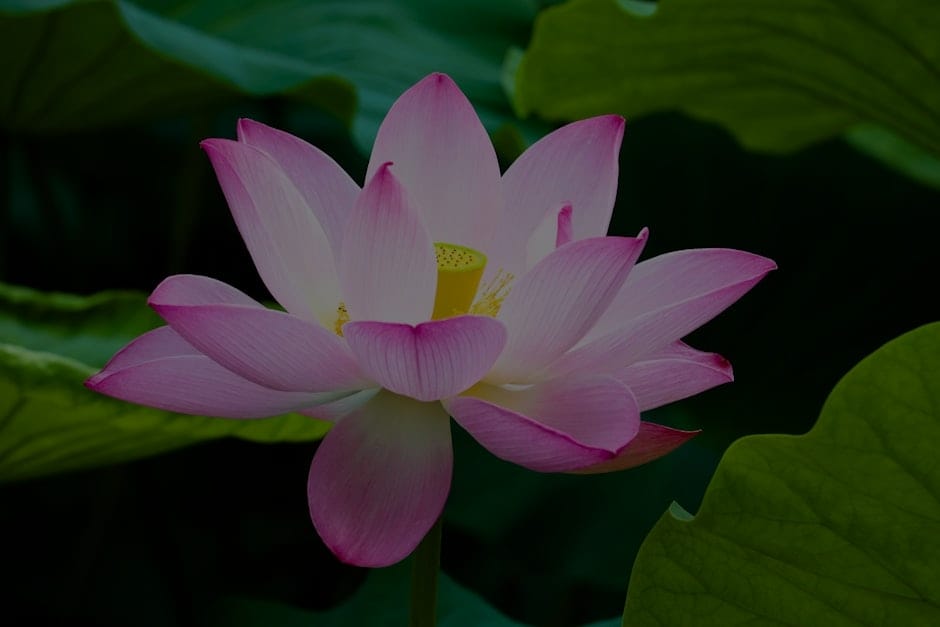**Creating a Zen Garden: Feng Shui Ornaments for Outdoor Serenity**
**Abstract:**
Transform your outdoor space into a tranquil oasis with a Zen garden, enhanced by feng shui ornaments. Discover how these elements promote harmony, peace, and serenity in your environment.
Understanding the Essence of a Zen Garden
A Zen garden, or karesansui, is designed to evoke a sense of calm and reflection. Originating from Japan, these gardens use gravel, rocks, and minimal plant life to symbolize nature. The simplicity and intentionality behind each element create a peaceful retreat, making them popular in Western cultures seeking stress relief and mindfulness. By incorporating feng shui ornaments, you can elevate the serenity of your garden, fostering a harmonious connection between your outdoor space and your inner self.
The Role of Feng Shui in Garden Design
Feng shui, an ancient Chinese practice, emphasizes the flow of energy, or “chi,” in our environments. In a Zen garden, feng shui ornaments play a crucial role in directing this energy. Items such as statues, water features, and wind chimes can enhance the garden’s ambiance, creating a balanced environment that encourages relaxation and reflection. By strategically placing these elements, you can invite positive energy and dispel negativity, aligning your outdoor space with your personal goals and desires.
Selecting the Right Ornaments for Your Zen Garden
Choosing the right feng shui ornaments for your Zen garden involves understanding their meanings and how they interact with your space. For instance, a Buddha statue symbolizes peace and enlightenment, while a water feature represents abundance and flow. Wind chimes, often made from bamboo or metal, can attract good fortune and promote tranquility. When selecting ornaments, consider your intentions—what emotions or energies do you wish to cultivate in your garden? This mindful approach will help you create a space that resonates with your spirit.
Design Tips for Creating Your Outdoor Sanctuary
Designing a Zen garden requires careful planning and attention to detail. Start by outlining the garden’s layout, incorporating elements like pathways, seating areas, and focal points. Gravel or sand can be used to create patterns that mimic water ripples, while strategically placed rocks can symbolize mountains or islands. Integrate your feng shui ornaments thoughtfully, ensuring they enhance the overall design rather than overwhelm it. Remember, simplicity is key; a clutter-free space allows for clarity and calmness.
Maintaining Your Zen Garden for Lasting Serenity
Regular maintenance is essential to preserve the tranquility of your Zen garden. This includes raking gravel to maintain its appearance, pruning plants, and ensuring that ornaments remain clean and in good condition. Seasonal adjustments, such as adding new plants or rearranging ornaments, can refresh the energy in your garden and keep it aligned with your evolving needs. By treating your garden as a living entity, you nurture not only the space but also your own sense of peace and well-being.
Embracing Mindfulness in Your Outdoor Space
Creating a Zen garden is more than just a design project; it is an opportunity to embrace mindfulness and intentional living. Take time to reflect in your garden, whether through meditation, journaling, or simply enjoying the beauty of nature. By engaging with your outdoor space on a deeper level, you cultivate a sense of connection to the world around you. This practice not only enhances your garden’s serenity but also enriches your daily life, promoting a balanced and harmonious existence.
In conclusion, a Zen garden adorned with feng shui ornaments can transform your outdoor space into a serene sanctuary. By understanding the principles of feng shui, selecting meaningful ornaments, and maintaining your garden with care, you create a harmonious environment that nurtures your mind, body, and spirit. Embrace this journey towards serenity, and let your Zen garden be a reflection of your inner peace.










